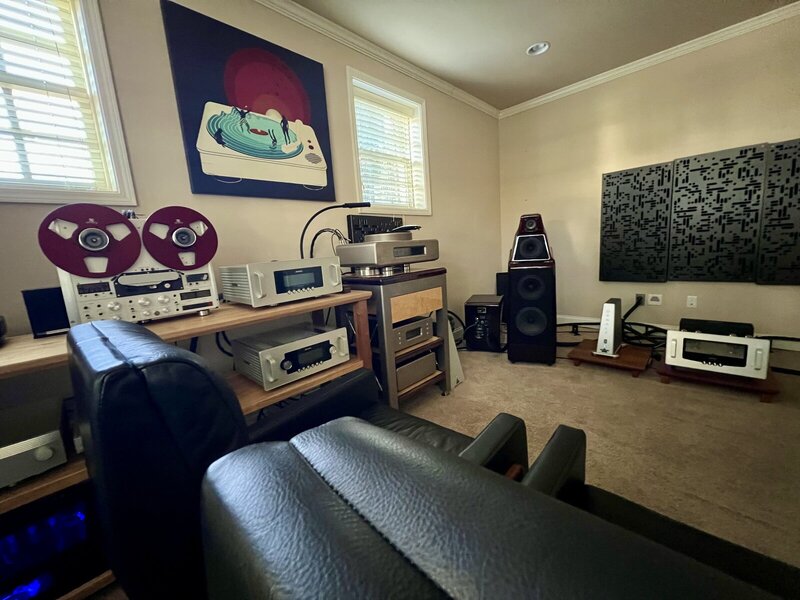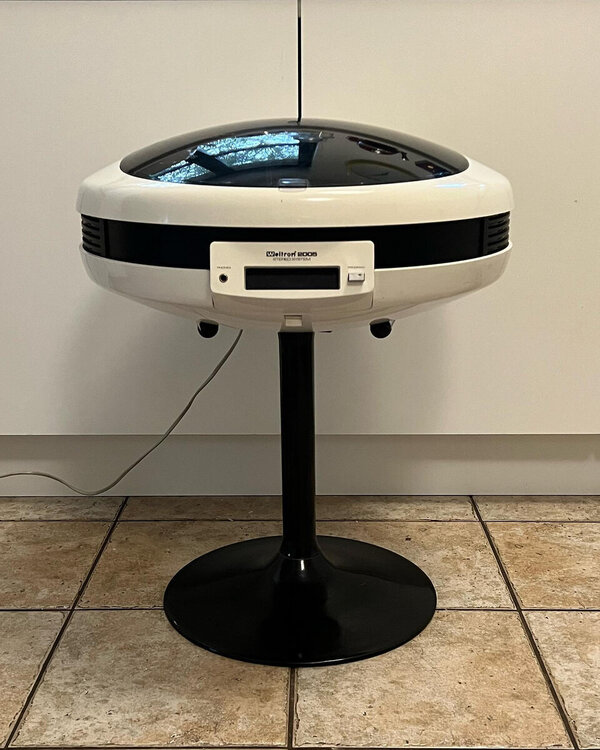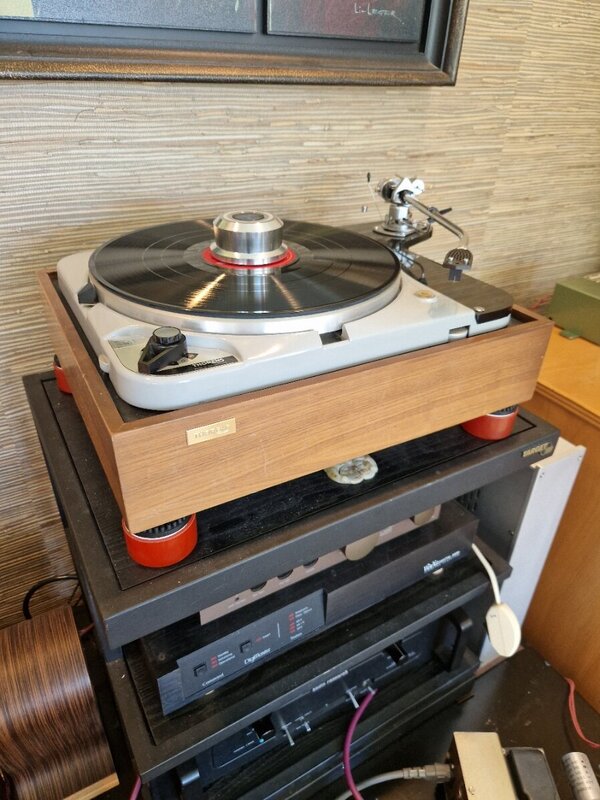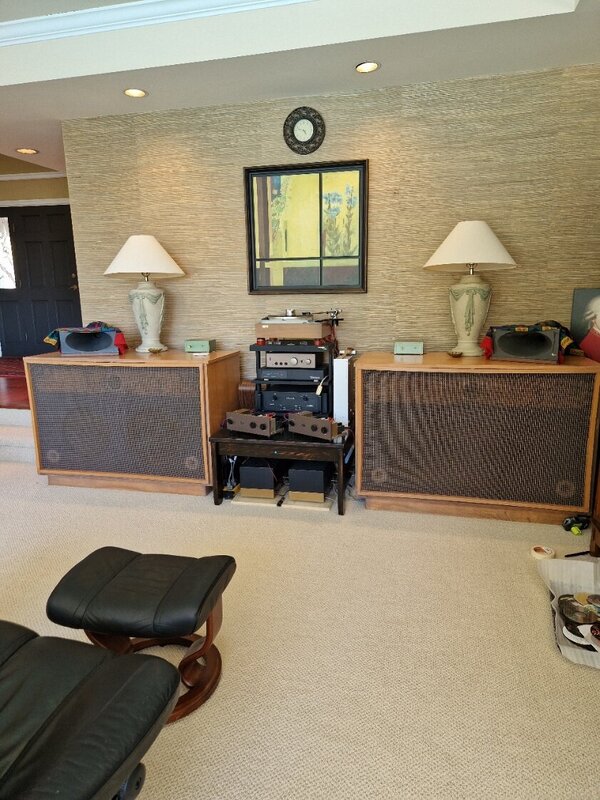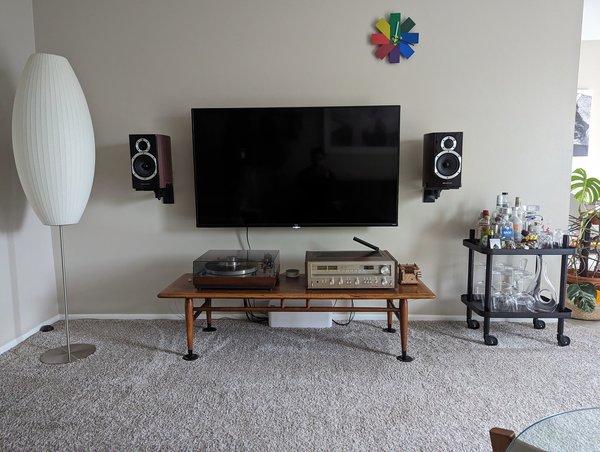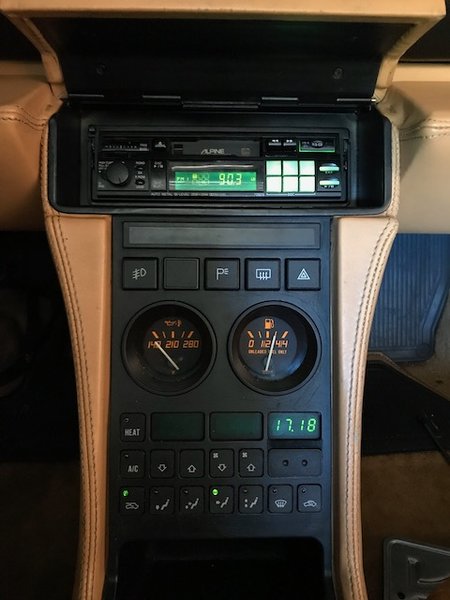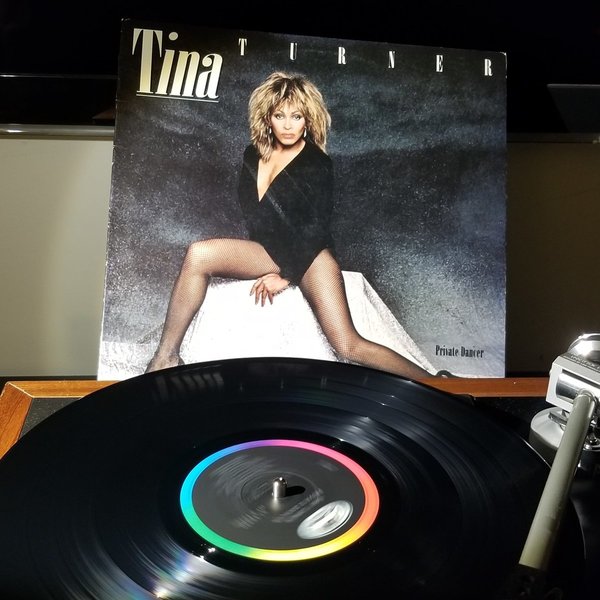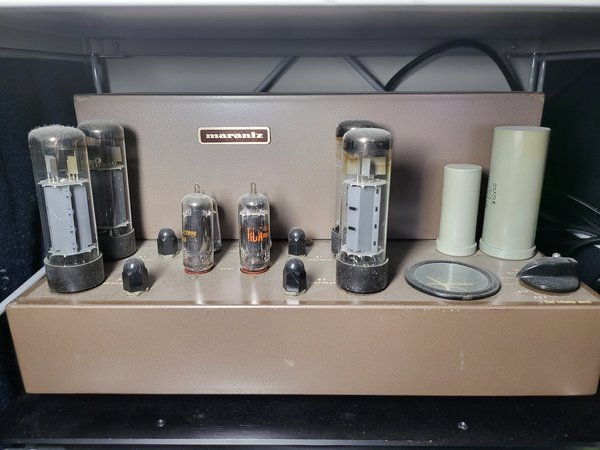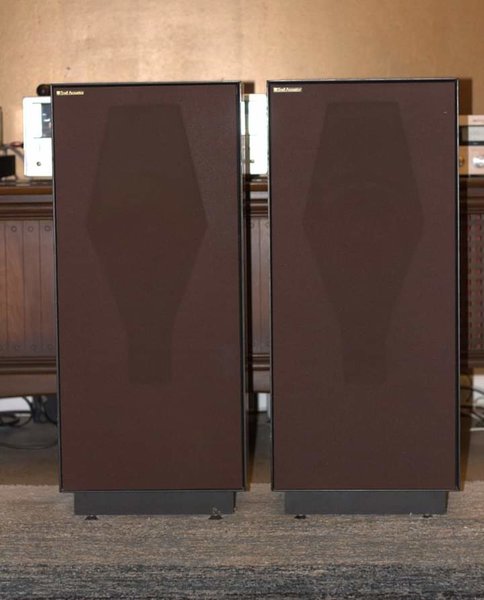- Joined
- May 7, 2006
- Messages
- 8,112
- Reaction score
- 2,588
Since my last post, I bought a Marantz 8 power amp, waiting for a decently priced preamp to go with it. Ah just an hour ago I won an auction for a Yamaha GT-2000L. Hopefully it'll be easier to maintain than my LP12. I've been using one of these kickstarter vertical turntables which is interesting to look at but I suspect that the way it maintains tracking probably isn't very good for the vinyl.




